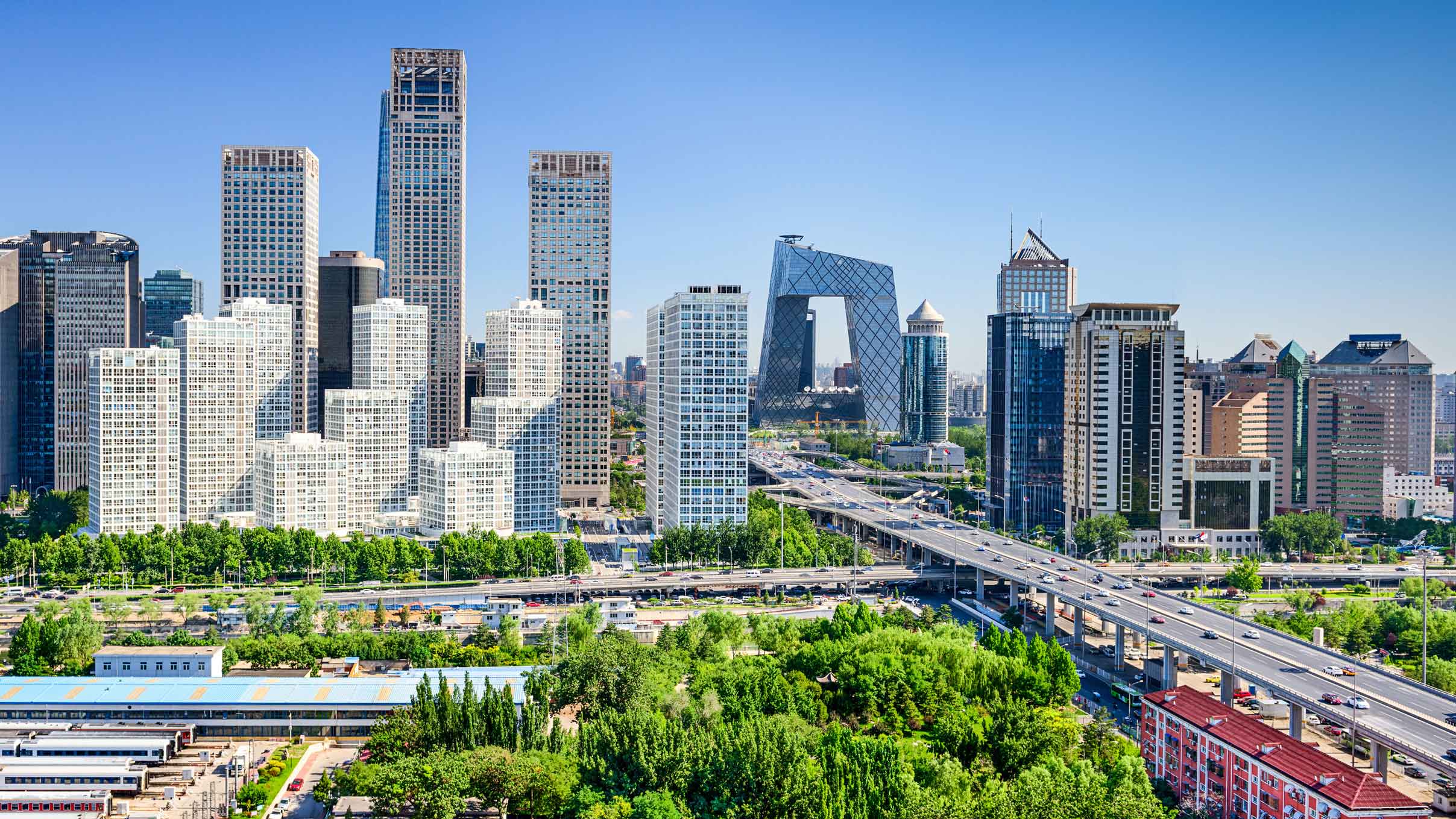We use cookies to improve your online experiences. To learn more and choose your cookies options, please refer to our cookie policy.

Arriving in Beijing will almost certainly be more daunting in theory than reality. Yes, it’s a big, bustling, massively urban place, but transport systems work well, crime is very low, taxis are affordable and English signposting is going to be everywhere you need it to be when you first hit the ground.
Remember to pick up RMB cash from the Currency exchange counter or ATM inside the airport for the next couple of days. If you are not being picked up at the airport, remember to bring the address of your hotel printed in English and Chinese characters.
Remember to take a taxi from the appropriate line and never take an unmarked car that will surely be offered to you in the doorway; ask the driver to use the meter by pointing at it, in case that seems unsure. The ride from the Beijing Capital airport to Shunyi is about 15 minutes, and to downtown can take around 45 minutes depending on the traffic. The cost should be around RMB 30 to Shunyi and approximately RMB 100 to go down town.
Within 24 hours of arriving, you must register with the Public Security Bureau (PSB). Hotels, serviced apartments and some villa compounds will do this for you by taking your passport and registering you with the local police station. If not, ask your real estate agent or company representative to walk you through this the first time. This is then repeated each time you re-enter China after an overseas trip, which differs from other cities in China where once a year is sufficient. You will be given an A5 size white or yellow paper once you are registered. This piece of paper is VERY IMPORTANT for later visa and residence permit procedures, so keep it in a safe place.
Next, pick up a drinking water. Tap water in China is not drinkable, so unless your landlord has installed water filters, run to the convenience store to get some bottled water. Most expatriates have large water coolers that hold 1.5 L bottles producing cold and boiling water. Check the brand and the registration number of the bottle to ensure it is safe. Once settled, getting a water filter installed in the house is recommended.
Food is widely available in China at all hours of the day and night. Grocery stores near expatriate housing carry imported goods, and most restaurants deliver free of charge. Local restaurants and McDonald’s will accept cash and wechat or alipay payment, most larger restaurants and department stories stores will also accept international credit cards.
Getting a temporary mobile SIM card is easily done at most grocery and convenience stores. If you brought an unlocked mobile phone, this will cover you for the first few days or weeks by purchasing top up cards at the same place you purchased the card. Internet should come standard in apartments and villas. If it’s not included in your rental contract ask your real estate agent or company representative to accompany you to the phone bureau to set up internet, telephone and even mobile phone service. You will need your passport for these steps, a local address written in Chinese, and some cash for deposit.
There are only two telephone companies in Beijing: China Unicom and China Mobile. Packages are available for monthly phone service and even a free phone. China Unicom is the only authorized iPhone provider. China Mobile SIM cards will work in iPhones, but they cannot provide an iPhone within a package. Beware of fakes if you decide to brave a big electronics mall to find a good deal on a handset.
Finally, expect a few days to recover from jet lag before venturing out to get the rest of the items you need for your home. While IKEA, Walmart, Auchan, Carrefour, and Decathlon are great choices to pick up everything you need at reasonable prices, keep in mind they are very crowded, which combined with jet lag, will not help to ease your transition to China. It is recommended to go to one place a day, and be first in the door as soon as they open in the morning. Getting to these places is relatively easy via taxis and subway. Getting back can be a bigger challenge, particularly if you are carrying lots of newly procured goodies. Private cars are rented with the driver either by the day or the month.